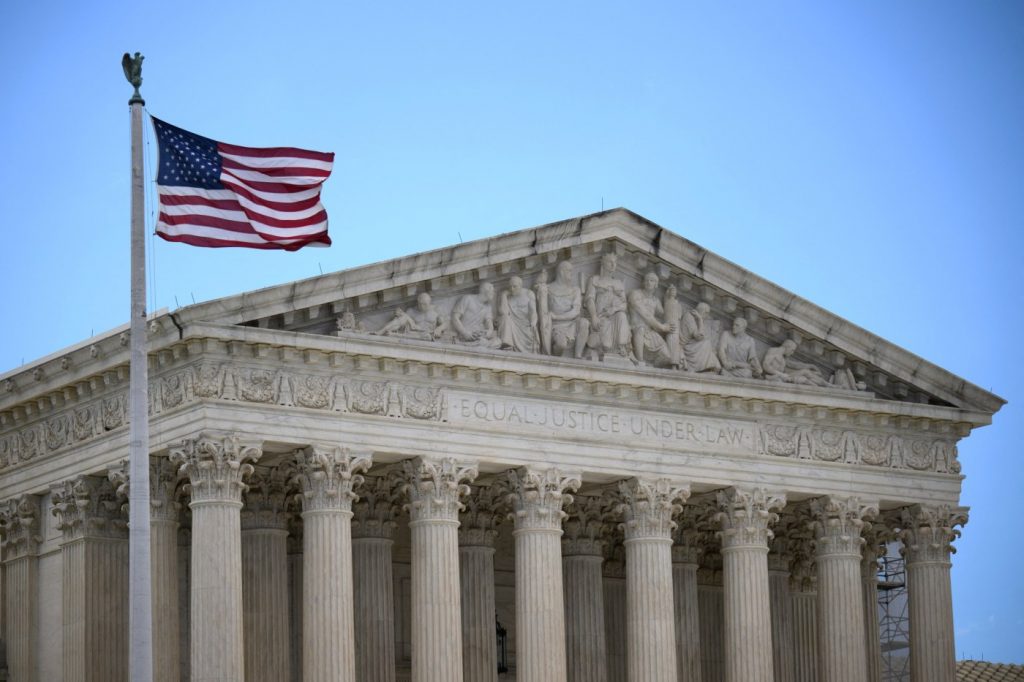The Senate Judiciary Committee should pass a resolution declaring the Supreme Court’s immunity decision unconstitutional. The decision is invalid because it nullifies specific duties imposed by the Constitution on the president.
In Trump v. United States, the court declared that former Presidents “can never be prosecuted for actions relating to the core powers of their office.” Such absolute immunity conflicts with Article II of the Constitution, which requires the President to swear an oath to “faithfully execute the Office of President of the United States.” It further commands the president to “take care that the laws be faithfully executed.” (Emphasis added.)
These two phrases state the proper purpose for all presidential acts. Rather than granting presidents unbridled discretion to act however they see fit, the Constitution obliges them to execute their powers “faithfully.” Faithful to what? First, to the Constitution that created the office of the president in the first place. And second, to the acts of Congress that s/he administers.
But a president who commits a crime is unfaithful to both, because crimes are committed with corrupt motives. Consider a president who accepts a bribe in return for making an appointment to a federal office. The appointment is both a crime and an official act. But the court has declared that official acts are covered by absolute immunity, so former presidents cannot be tried for the crime of bribery, even though doing so is plainly not faithfully executing the law.
Every phrase in the Constitution is there for a reason. In the famous case of Marbury v. Madison, Chief Justice Marshall said, “It cannot be presumed that any clause in the Constitution is intended to be without effect.” The court’s immunity decision violates this principle. By ruling that a president may with impunity act in bad faith, the court’s decision makes the Constitution’s “faithfully execute” language superfluous. It might as well be stricken from the document.
The Constitution is the supreme law of the land. No presidential or judicial act may violate it. But by conferring absolute immunity on presidents for their official acts, the court transforms the president from being the only person who swears an oath to “preserve, protect and defend the Constitution” into the only person who is free to disregard it.
The six justices in the majority have violated their own oath to uphold the Constitution by giving presidents permission to do what the Constitution forbids them to do. Their decision ranks among the worst in the court’s history, along with Dred Scott v. Sandford, Plessey v. Ferguson and Korematsu v. United States. Like those rulings, it will sooner or later be repudiated, either by a future Supreme Court or through a Constitutional amendment.
Related Articles
Goldberg: A leading law scholar fears we’re lurching toward secession
Why more than 700 California schools are prohibited from enacting new Title IX rules
Feldman: Chicago gun ruling for trains is yet another absurd decision
French: Jack Smith’s new case against Trump is much stronger than his old one
Letters: Child care | Embracing court | Democrats’ echo
Meanwhile, the Judiciary Committee should pass a resolution encouraging lower courts to ignore this ruling. The resolution should also declare emphatically that the court cannot eliminate legal liability for former presidents who violate their constitutional duty.
The court’s role is to interpret the Constitution, not to change it. Otherwise, as Chief Justice Marshall also said in Marbury v. Madison, “written Constitutions are absurd attempts on the part of the people to limit a power in its own nature illimitable.” If presidents know that faithfully performing their duty is merely an option rather than an obligation, it is no longer a duty. And the Constitution is no longer the supreme law of the land.
Stephen Woolpert is professor emeritus of public law and former dean of the School of Liberal Arts at Saint Mary’s College of California.


